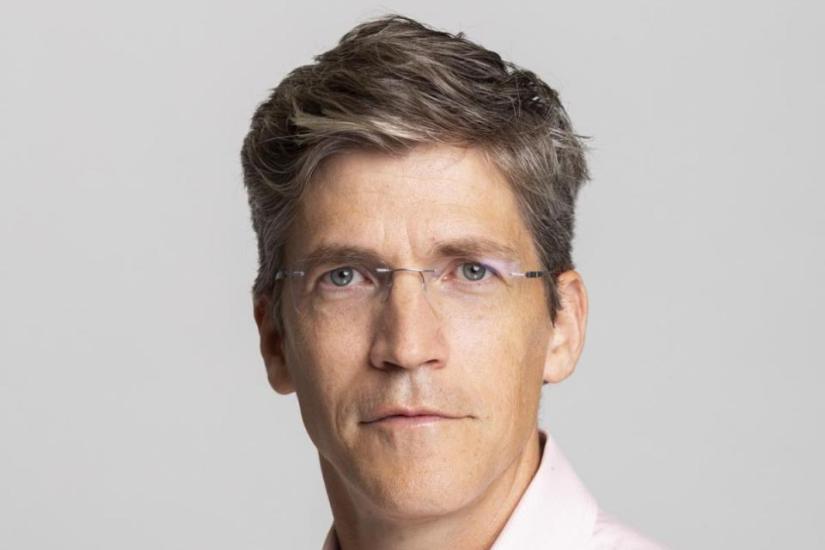
ABSTRACT / We study the incentives behind the production of high-quality open source software (OSS), a sector that plays a pivotal role in the global economy. Prior research has explored the motivations for individuals and organizations to contribute to OSS. However, a gap remains in understanding how these incentives align with the production of high-quality software, especially in a predominantly volunteer-based development environment. We address this gap by developing a theoretical model that links software quality to user demand and developer skill. Utilizing data from GitHub on 2.7 million developers and six major programming languages, we empirically test our model's predictions. Our findings reveal that developers contributing to more popular projects are more engaged in shared projects than in personal ones, indicating a higher effort for shared software, potentially due to broader usage and visibility. These projects are also more likely to solve software bugs. Our findings highlight the complex interplay between individual motivations and collective outcomes in the digital economy.
BIO / Miklós Koren is professor of economics at CEU, senior research fellow at the Institute of Economics, and the Data Editor of the Review of Economic Studies. He has more than 25 years of expertise in working with data and aims to help economists maximize their scientific impact by adopting effective coding practices. Professor Koren's research focuses on how talent and technology jointly determine business success. He publishes regularly in leading international academic journals, and he has participated in numerous international research projects, including two large-scale grants of the European Research Council. He is a recipient of the Peter Kenen Fellowhsip and the Nicholas Káldor Prize. Professor Koren received his Ph.D. from Harvard University in 2005. He also holds an M.A. from Central European University (2000) and a B.A. from Corvinus University Budapest (1999). Before joining CEU, he worked at the Federal Reserve Bank of New York and at Princeton University.